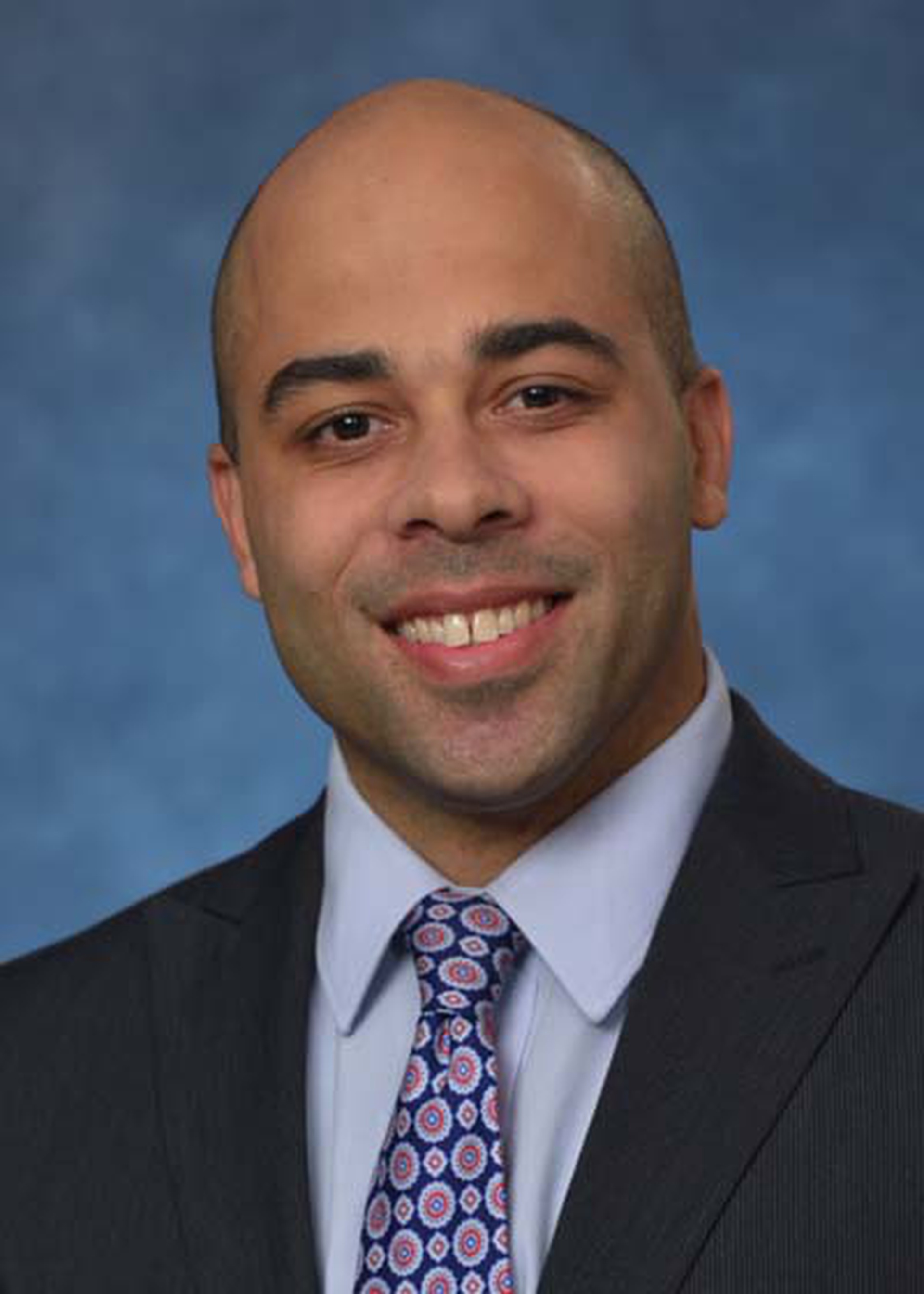National Academy of Engineering invites ECE's Samuel Dickerson to Frontiers of Engineering Education Symposium
 WASHINGTON, DC (November 8, 2016) … The National Academy of Engineering invited 48 innovative engineering faculty members to its eighth annual Frontiers of Engineering Education (FOEE) symposium last month to discuss groundbreaking new approaches to engineering education beginning to take root at universities across the nation.
WASHINGTON, DC (November 8, 2016) … The National Academy of Engineering invited 48 innovative engineering faculty members to its eighth annual Frontiers of Engineering Education (FOEE) symposium last month to discuss groundbreaking new approaches to engineering education beginning to take root at universities across the nation.
Samuel Dickerson, assistant professor of electrical and computer engineering at the University of Pittsburgh’s Swanson School of Engineering, joined the assembly to discuss his plans to develop innovative course topics and implement new and effective teaching strategies in the classroom.
“At the Frontiers of Engineering Education symposium, young faculty members like Sam can learn from their peers and prepare to meet the challenges that arise from constant changes in engineering and society as a whole,” said Mary Besterfield-Sacre, professor of industrial engineering and director of the Swanson School’s Engineering Education Research Center. “Sam has shown outstanding dedication to incorporating new strategies in the classroom, particular to innovation and entrepreneurship and we were excited to have him represent the advancements in engineering education being developed at Pitt.”
At the FOEE symposium, Dickerson became a contributing member of the Entrepreneurship and Education Affinity Group interested in incorporating a multidisciplinary approach to engineering education, specifically methods and principles employed by startup businesses to ensure success and growth.
“We believed that engineering students should be involved with studying entrepreneurship. The job of an engineer is to make or design something that has value to someone else. That doesn’t necessarily require business savvy, but it is reflected in the entrepreneurial spirit,” said Dickerson.
Dickerson’s research interests include biomedical circuits and systems, cyber-physical systems, integrated circuit design and lab-on-chip microsystems. He received his bachelor of science degree in computer engineering and master of science and doctorate in electrical engineering from the University of Pittsburgh.
###
Contact: Paul Kovach

